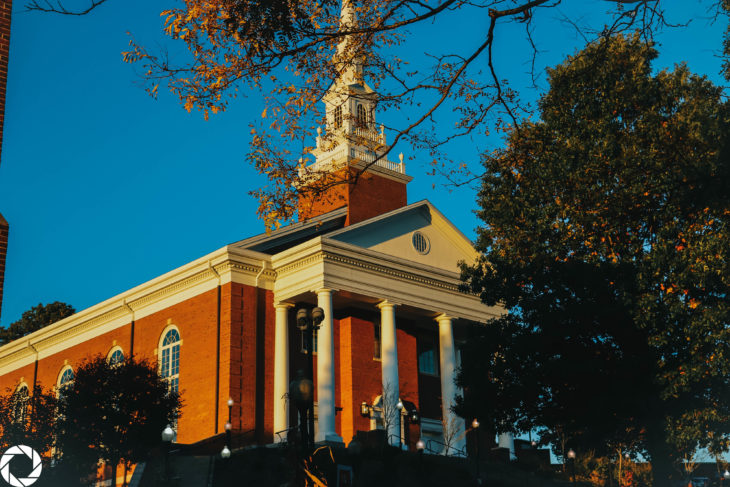 Ben Champ
Ben Champ  Brady's Roadhouse
Brady's RoadhouseThe Greene County Historical Society attempts to preserve the deep, rich history of Greene County, PA. Filmmakers and Waynesburg University alumni Paul Hicks and Harry Oakes have put together a story, told in an 11-minute documentary, to showcase the history behind Greensboro’s early glass and pottery industry.
“I think the Historical Society plays a key role in the community by storytelling,” Oakes said. “And storytelling can take many forms through exhibits, through events, and so Paul and I getting to tell this story through a documentary was an opportunity we were really appreciative of.”
This story in particular hears the voice of Glenn Toothman, assistant producer for the film and an attorney who knows the deep history of the Greensboro pottery industry.
“These were people. They raised families. They had adversity. And they made an effort to make a positive difference,” Toothman says in the opening line of the documentary.
The short film highlights the history that Greensboro holds in the grand scheme of the history of the United States. Hicks, who calls himself a history buff, understands the story’s vitality is relevant to the community today.
“I think that the Greene County Historical Society exists to preserve, you know, the spirit of Greene County. And that spirit speaks through the artifacts that they preserve and the amount of community work that they do to make sure that people’s ancestry and heritage isn’t lost,” Hicks said.
The opportunity arose for Hicks and Oakes to create this film after a grant was received by the Center for Service Leadership at Waynesburg University. This grant allowed the two filmmakers to create a professional-grade project and highlight the community and the country’s important history.
“Greene County was absolutely on the forefront of American industry. They were coming out of the Revolutionary War; and Greensboro, with their glass and their pottery, they thrived for almost a hundred years just working, and working, and working, and making sure that people get the commodities that they need up and down the Monongahela River,” Hicks said.
The documentary can be viewed for free and in full on the GCHS Facebook page here.
